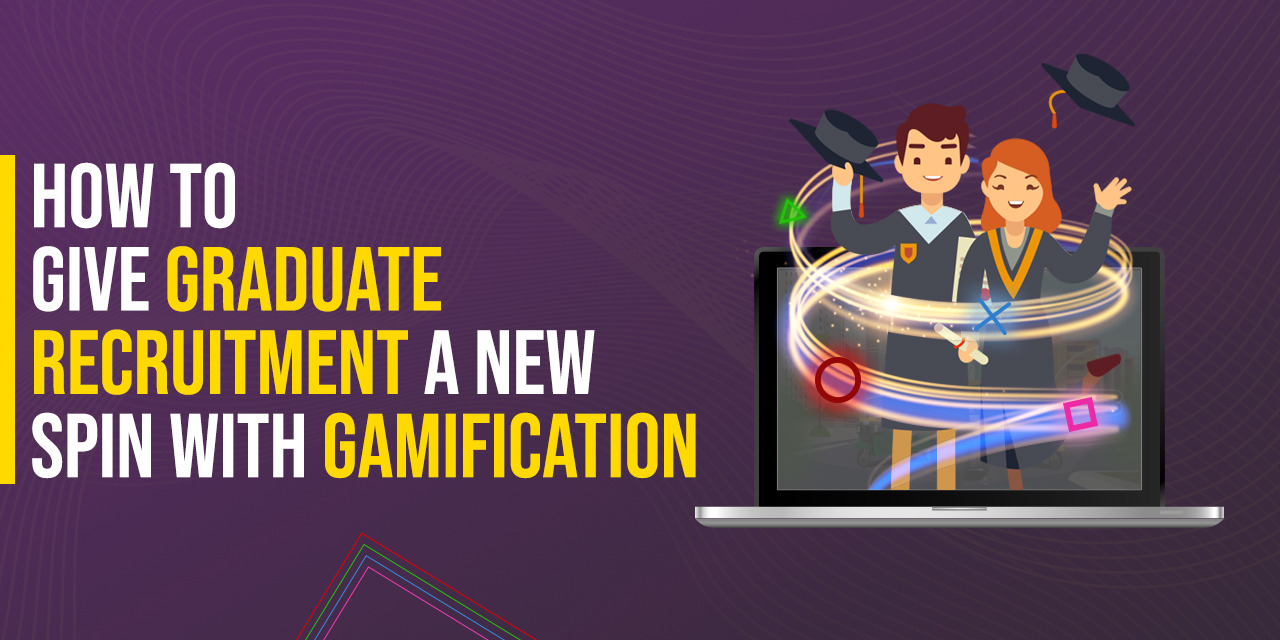What is Graduate Recruitment?
Graduate recruitment refers to the process by which employers source, engage and hire young talent for internship, management trainee programs and entry-level positions. From medium-to-large sized companies to small businesses, all companies rely on it to get their hands on fresh talent.
It may include both on-campus as well as off-campus recruiting programs, with recruiters attending career fairs to meet in-person with college students and also tapping into the campus network without traveling to the location.
Gamified Graduate Recruitment Trends
1. Adopt a mobile-driven approach
Each generation has its own a preferred method to seek information and interact with world. While the desktop PC has reigned for a long time, it looks like Millennials have pushed recruiters to adopt a mobile-friendly recruitment strategy.
According to Glassdoor’s “A Statistical Reference Guide for Savvy Recruiters”, 45% of job seekers search for jobs on their mobile phones at least once a day. And if specifically speak of Millennials, it turns out they spend a much greater amount of time on phones than their Baby Boomer counterparts, with 85 percent of Millennials using their phones when hunting for a job.
However, as surprising as it may sound, less than 2% of candidates complete a job application on mobile. This directs attention to a flaw in modern recruiting that luckily is now being solved with mobile-first assessments, such as recruitment games. With a mobile-first strategy implemented on gamified assessments, recruiters would have the perfect tool to source top caliber candidates for graduate recruitment.
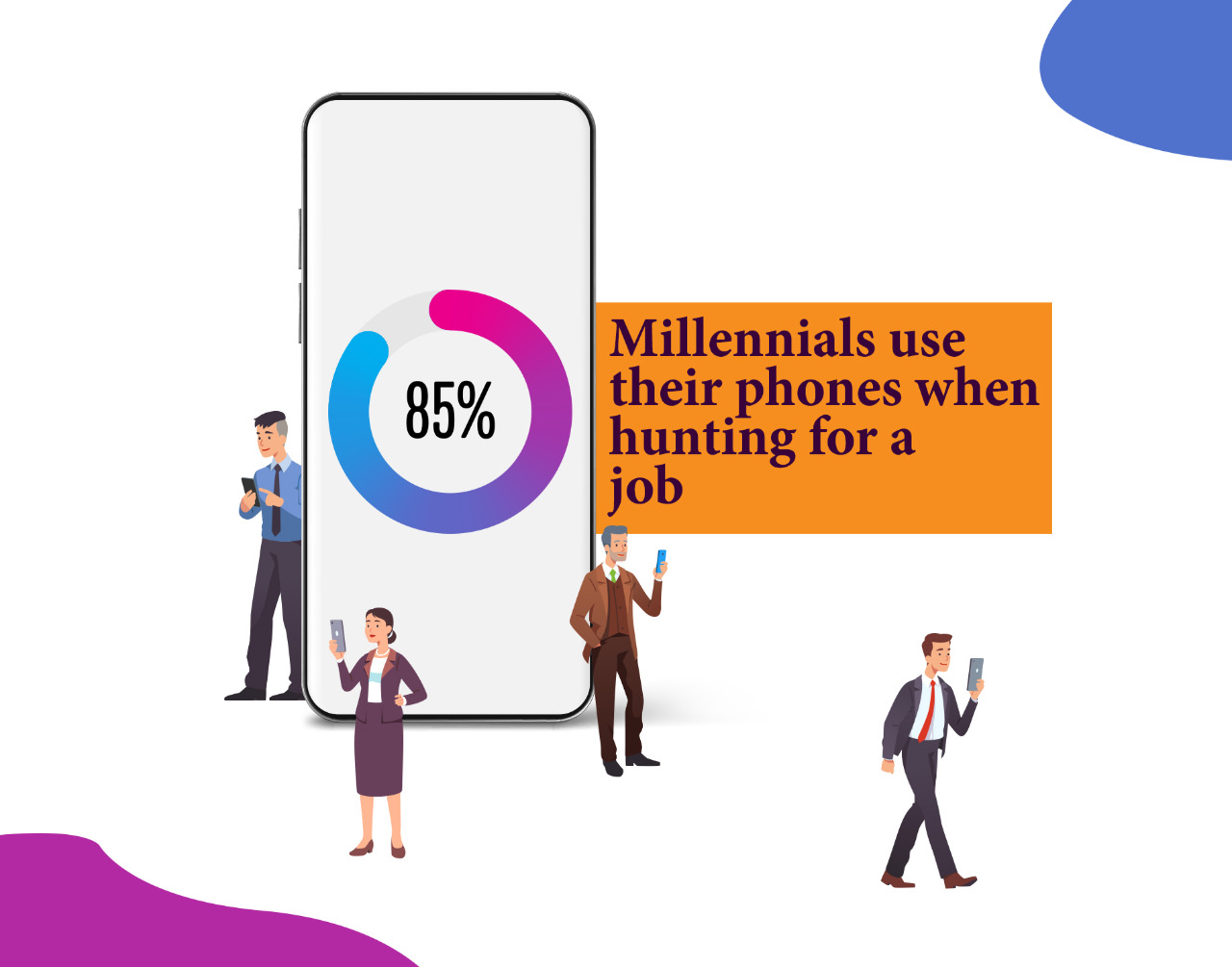
2. Leverage social media to source top-caliber graduates
A survey by Deloitte tells us that Millennials will make 75 percent of the global workforce by 2025 and social media is where most of them look for jobs. Keeping this in consideration, employers need to take advantage of this trend and make it a part of their graduate recruitment strategy. This means that they would also have to focus on building a graduate community on social media by offering enticing and rich content that resonates their employer brand’s visions and values.
Statistically speaking, 73 percent of Millennials found their last job through a social media platform. So if organizations want to successfully conduct graduate recruitment, it is imperative for them to use a social networking platform that appeals to the younger lot.
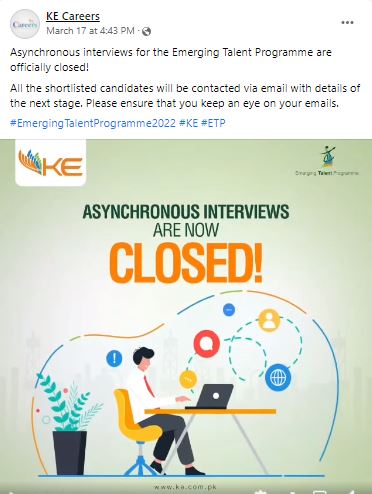
3. Make D&I a core part of your talent strategy
From COVID-19’s disproportionate impact on people of color to the global protests against racism sparked by the death of George Floyd, events in the past few years have emphasized the importance of having diverse teams and inclusive company cultures.
As Millennials and Generation Z continue to enter the workforce, their expectations of joining a diverse and inclusive workplace galvanize organizations into taking initiatives for it. In a Monster survey, 83% of Gen Z candidates said that a company’s commitment to diversity and inclusion is important when choosing an employer.
Of course, companies wanting to attract the next generation of leaders need to strengthen their graduate recruitment game by investing in D&I initiatives to produce desired results.
Examples of Graduate Recruitment Programs
SHELL
Shell, a British-Dutch oil and gas company headquartered in the Netherlands, leveraged gamified talent assessments to discover fresh graduates for its Internship and Management Trainee Programme.
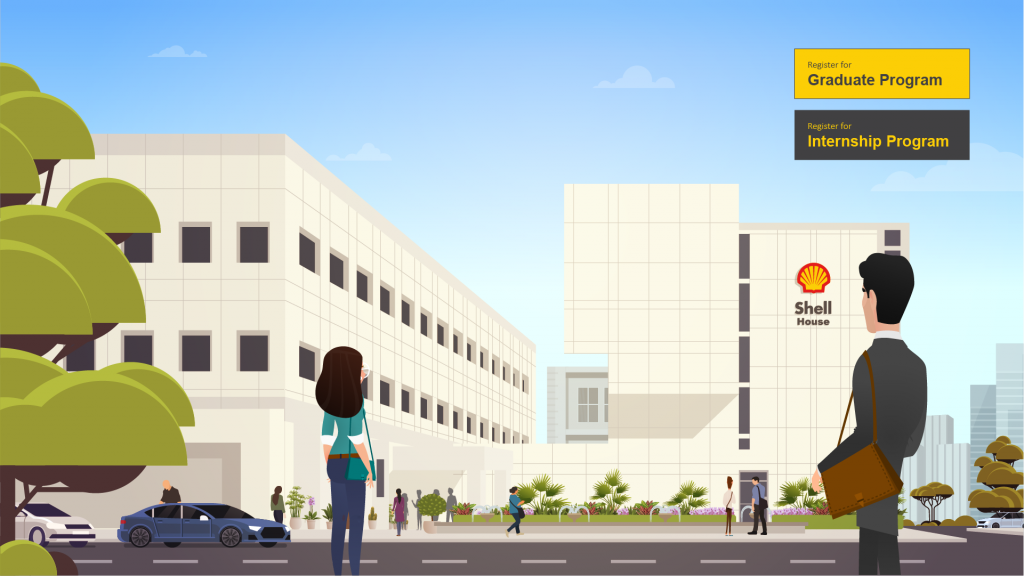
MASAN CONSUMER
Masan Consumer, one of Vietnam’s largest local diversified food and beverages companies, used gamified assessment for its graduate recruitment purpose and managed to hire the top from the talent pool.
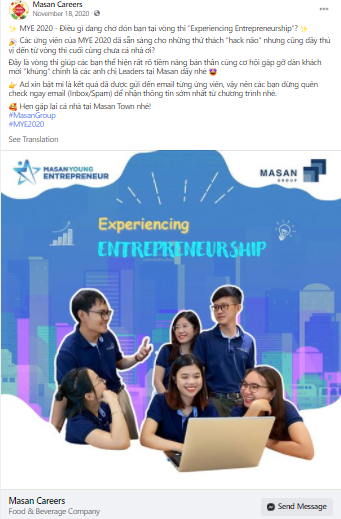
NESTLÉ CWAR & ESAR
Nestlé, the multinational food and drink processing conglomerate corporation, commenced its Nesternship and Graduate Trainee program in Central and West Africa (CWAR) and East & Southern Africa Region (ESAR) by using gamified assessment to assess candidates on their aptitude, cognitive skills and behavioral traits.
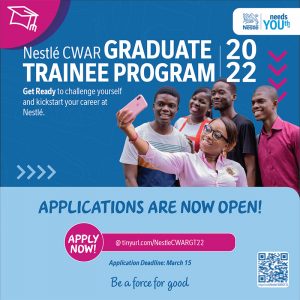
BANK ALFALAH
Bank Alfalah Limited, a Pakistani retail bank which is a subsidiary of Emirati company Abu Dhabi Group, used recruitment games for its Management Trainee program to attract and hire top-class individuals.

Benefits of Gamifying your Graduate Recruitment Program
- Time and Cost-Efficient
On-campus recruitment is both expensive and time-consuming as employers have to send their recruiters to attend career fairs on colleges and universities. On the other hand, virtual career fairs require comparatively less time investment, taking even less than hour to set up, unlike in-person career fairs where one has to spend days on preparations and travel.
This is why, virtual campus fairs produce the same results as the traditional campus recruiting strategies – in fact, even better on a lower budget.
- A Stronger Employer Brand
A gamified recruitment process gives candidates an insight into a day in the life at your company. In point of fact, a great number of candidates believe that the way they are treated during the hiring process speaks volumes about how they will treated once they become a part of your company.
- More Real Insights into Your Candidates
Sometimes candidates fail to perform at their best in the tests and interviews due to anxiety or intimidation. Other times, HR leaders miss out on competent candidates merely because they haven’t presented their CV in an eye-catching layout.
With the application of gamification in recruiting, you provide candidates a familiar and fun environment, allowing them to demonstrate their true potential in a relaxed atmosphere. This, in turn, also enables you to evaluate each candidate’s true abilities.
